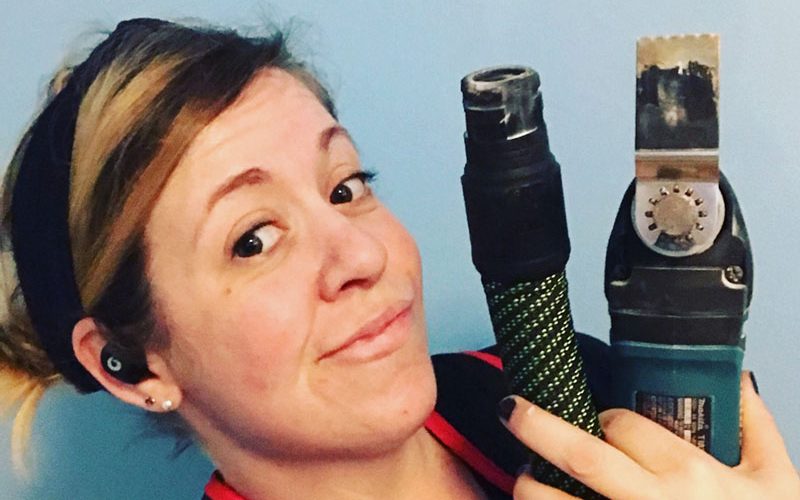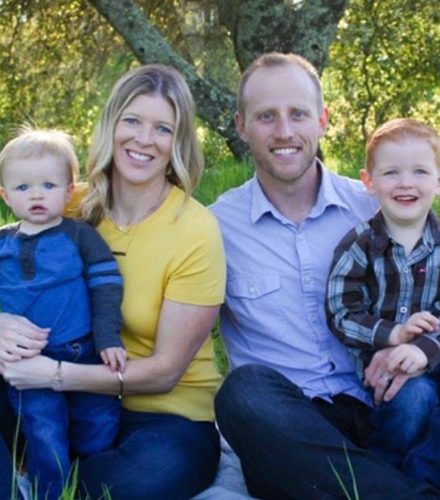Ep.97: Getting a Handle On Training with Chris Peterson
Training to help move team members up the ladder is important to any remodeling company and its ability to move fast and make money.
Chris Peterson has seen the importance of training from his first days in the field as a carpenter through to his present leadership position. He says it’s a concrete way to coach and promote great people from the ground up.
In this episode, Chris explains his company’s training methods to Tim and Steve, and shows you how to create your own education program.
Chris is a co-owner and vice-president of production at Schloegel Design Remodel in Kansas City, MO. Chris has been with the company for more than 23 years. He started in the field as a carpenter and progressed to lead carpenter, project manager, and production manager. In 2018, he purchased the business with his partner, Charlie Schloegel. He’s seen the need for better training from many angles.
There’s a real connection between emphasizing training and successful financial growth, says Chris. His company has started Schloegel University, which is in its initial growth phase. Some of the training is after hours on a volunteer basis, and there are mandatory meetings. Chris explains why making it cross-functional with classes that include field and office staff is important, as well as:
- Reactionary vs. proactive training
- Explaining how quality ties into profitability
- How much to spend on training
- Structuring a training program
- Understanding education is already happening
- Setting standards so things are done the same way, every time
- Putting the responsibility on the learner
- Creating enthusiasm around the process
- And more …
Dedicating the time to training, even if it’s informal, will help your people be successful, leading to better quality and more jobs for your company, says Chris.











